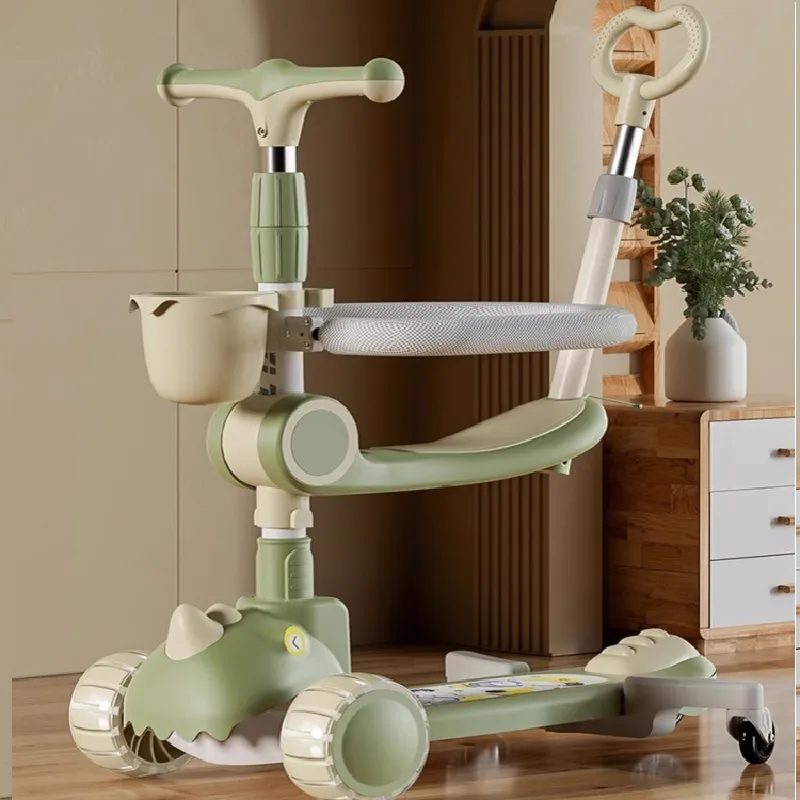are big or small wheels better on a scooter
Are Big or Small Wheels Better on a Scooter?
Scooters have gained immense popularity over the years, becoming a preferred mode of transportation for many urban dwellers. When choosing a scooter, one of the key decisions to make is regarding the wheel size. The debate around whether big or small wheels are better has sparked discussions among users, manufacturers, and enthusiasts. This article aims to explore the advantages and disadvantages of both wheel sizes, helping you make an informed decision based on your needs.
Bigger Wheels The Advantages
One of the main benefits of scooters with larger wheels (typically 200mm and above) is their ability to roll over obstacles more easily. Bigger wheels are better suited for uneven surfaces, such as cracked pavement, gravel, or small curbs. This capability often results in a smoother ride, as larger wheels have a greater contact patch with the ground, effectively absorbing shocks and vibrations caused by bumps. Riders who frequently navigate urban environments with varied terrains will find larger wheels more accommodating.
Furthermore, larger wheels usually provide improved speed and efficiency. The larger circumference allows for better momentum, which means that once you start rolling, you can maintain higher speeds with less effort. This is particularly beneficial for longer rides or commutes, where conserving energy is crucial. Additionally, many commuters appreciate the reduced rolling resistance of larger wheels, which allows for a quicker and more efficient ride.
Big Wheels and Stability
Stability is another significant advantage of larger wheels. As the wheel size increases, the center of gravity becomes higher, allowing for better balance, particularly at higher speeds. This attribute is essential for riders who may encounter unpredictable road conditions or are inexperienced in managing sudden movements. It also promotes confidence in riders who may be nervous about navigating through traffic or around pedestrians.
The Drawbacks of Big Wheels
Despite the advantages, scooters with bigger wheels do come with some disadvantages. One of the primary concerns is weight; larger wheels tend to add extra weight to the scooter. This added weight can make it cumbersome to carry or transport, which is often a critical factor for commuters who integrate public transportation into their journey.
Additionally, larger wheels can sometimes be less maneuverable than their smaller counterparts
. Tight turns and quick zigzagging can be more challenging with big wheels, making smaller scooters more suitable for navigating crowded environments or carrying out stunts.are big or small wheels better on a scooter

Smaller Wheels The Advantages
On the other hand, scooters equipped with smaller wheels (typically 100mm to 150mm) offer their own set of benefits. One significant advantage is their lightweight design. A petite scooter is generally easier to carry, making them ideal for urban commuters who need to hop on and off public transit. The smaller models are also often more compact, allowing for easier storage in tight spaces, such as under desks or in small apartments.
Moreover, scooters with smaller wheels are typically more agile and easier to maneuver, making them a fantastic choice for those who enjoy performing tricks or riding in crowded areas. Their responsiveness allows riders to execute quick motions, making them ideal for younger riders or those looking to practice stunts.
The Drawbacks of Small Wheels
However, small wheels have disadvantages as well. They can provide a bumpier ride, particularly on rough surfaces. The limited size means that they struggle to absorb bumps and impacts, which can lead to discomfort during extended rides. Additionally, navigating over obstacles becomes more challenging, potentially frustrating riders who frequently encounter cracked sidewalks or debris.
In terms of speed, smaller wheels tend to be less efficient on longer commutes. Riders may find that they expend more energy to maintain momentum, which can lead to fatigue over time.
Conclusion Choosing the Right Wheel Size for You
Ultimately, the choice between big or small wheels will depend on your personal needs and preferences. If you traverse mixed terrains, enjoy a smoother ride, and prioritize cruising speed, bigger wheels are likely the better option. Conversely, if you desire portability, agility, and compact storage, smaller wheels could be more fitting for your lifestyle.
When selecting a scooter, consider your primary riding environment, frequency of use, and specific riding style. Taking these factors into account will help you find the perfect scooter that not only suits your needs but also contributes to an enjoyable riding experience.
-
Children's Tricycle: Enlarged Seat, Sunshade & Safety Push BarNewsAug.31,2025
-
Sports Kids Bike: High Carbon Steel Argon Arc Welded Frame | Beautiful GiftNewsAug.30,2025
-
Ultimate 24V Children's Car: Power, Fun & Safety for KidsNewsAug.29,2025
-
Children's Electric Car Ride Ons: 2-Seater, Bumper & Audi ModelsNewsAug.28,2025
-
Understanding Voltage in Battery for Children's Motorized CarNewsJun.05,2025
-
Safety Features to Look for in an Electric Car for KidsNewsJun.05,2025
